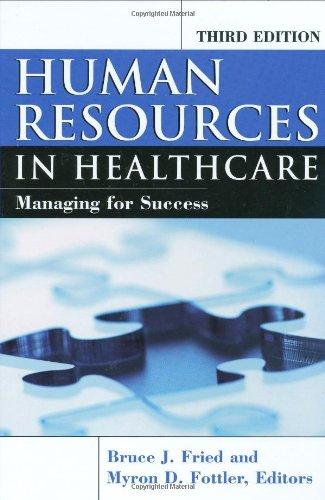Dr. Mind, a prominent psychiatrist at the Mensa Medical Center, a Department of Veterans Affairs (VA) Hospital,
Question:
Dr. Mind, a prominent psychiatrist at the Mensa Medical Center, a Department of Veterans Affairs (VA) Hospital, treated Ms. Puppet for anxiety and panic disorder. Dr. Mind used recognized techniques for treating Ms. Puppet, including medication, psychotherapy, and hypnosis. During the many hypnosis sessions, Dr. Mind began a sexual relationship with Ms. Puppet. She did not remember having relations with Dr. Mind, as Dr. Mind, during hypnosis, had instructed her to have no memory of her thoughts. On one occasion, however, Ms. Puppet noticed that, after she left Dr. Mind’s office, her undergarments were on backwards and her skirt was not buttoned properly. She became suspicious of Dr. Mind, so she forced herself to not fall into a hypnotic state at her next session with Dr. Mind. At this session, when Dr. Mind believed Ms. Puppet was in a hypnotic state, he began undressing her. She then broke her silence, confronted him, and left his office. Following the confrontation, Dr. Mind was placed on paid administrative leave pending an investigation, which resulted in his admission of guilt and termination. Ms. Puppet then sued the United States, because the actions occurred at a VA hospital, under the Federal Torts Claim Act (28 U.S.C. Section 2675[a]). Ms. Puppet’s attorney argued that Dr. Mind’s acts took place during regularly scheduled therapy sessions, during working hours, and in an office provided to Dr. Mind by the VA hospital. Accordingly, under the doctrine of respondent superior, the United States was liable for Dr. Mind’s acts. The United States contended that it was not liable because Dr. Mind’s motives were not intended to benefit the employee and that criminal and/or tortuous acts clearly fall outside the scope of employment.
Case Questions
1. Is the United States liable based on a theory that the wrongful acts of Dr. Mind took place within the scope of his employment?
2. What other theories may apply, such as the foreseeability of transference?
3. What can employers do to prevent such wrongful acts?
For helpful information on this situation, see the basis for the hypothetical case: Doe v.
United States of America (912 F. Supp. 193 [E.D. Va. 1995]). Also, for study of transference, see Allen (2003).
Step by Step Answer:

Human Resources In Healthcare Managing For Success
ISBN: 9781567932997
3rd Edition
Authors: Bruce Fried, Myron D. Fottler





